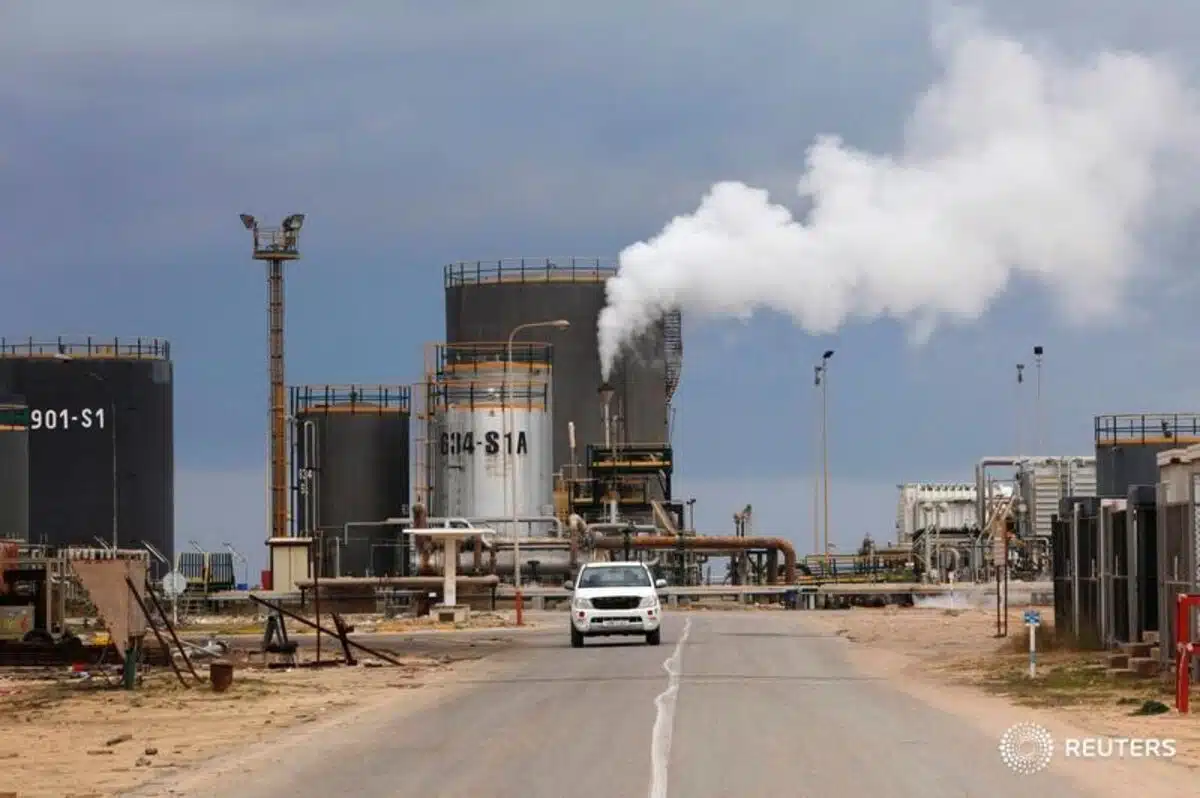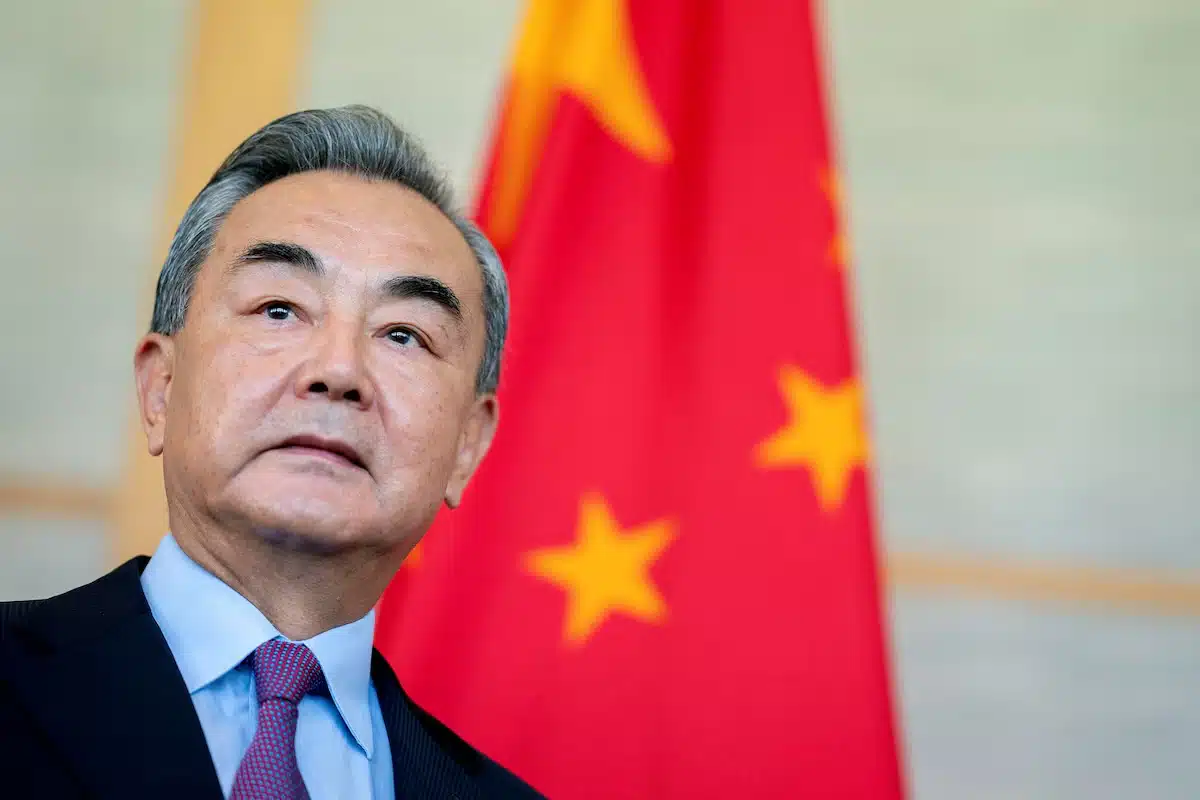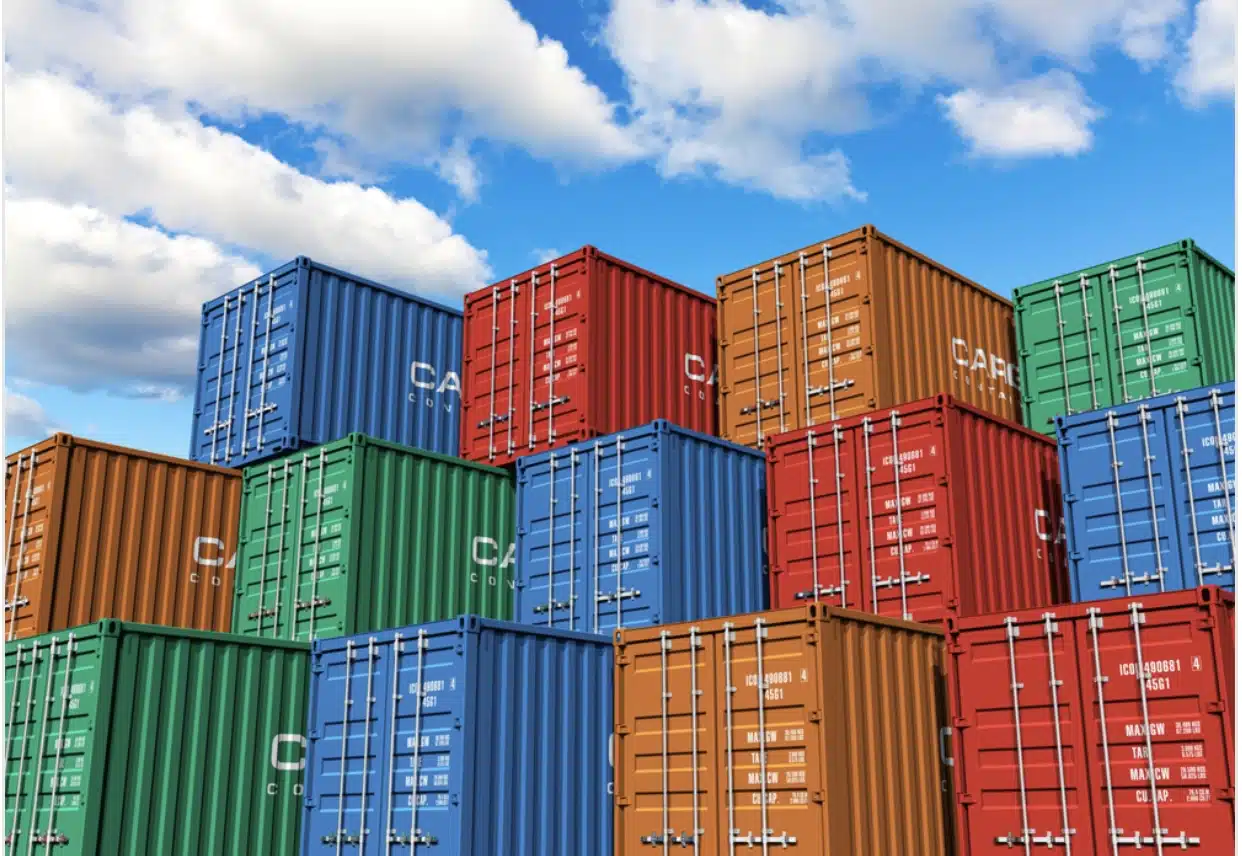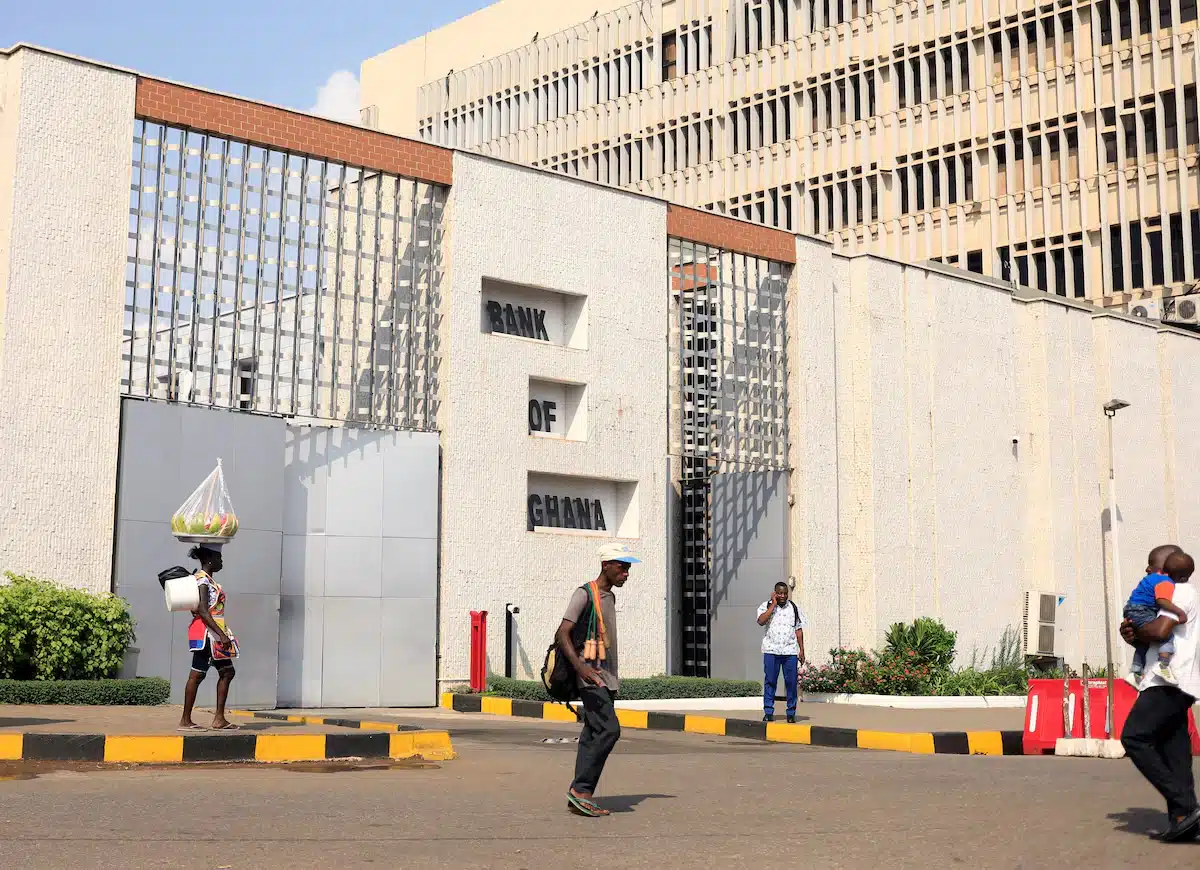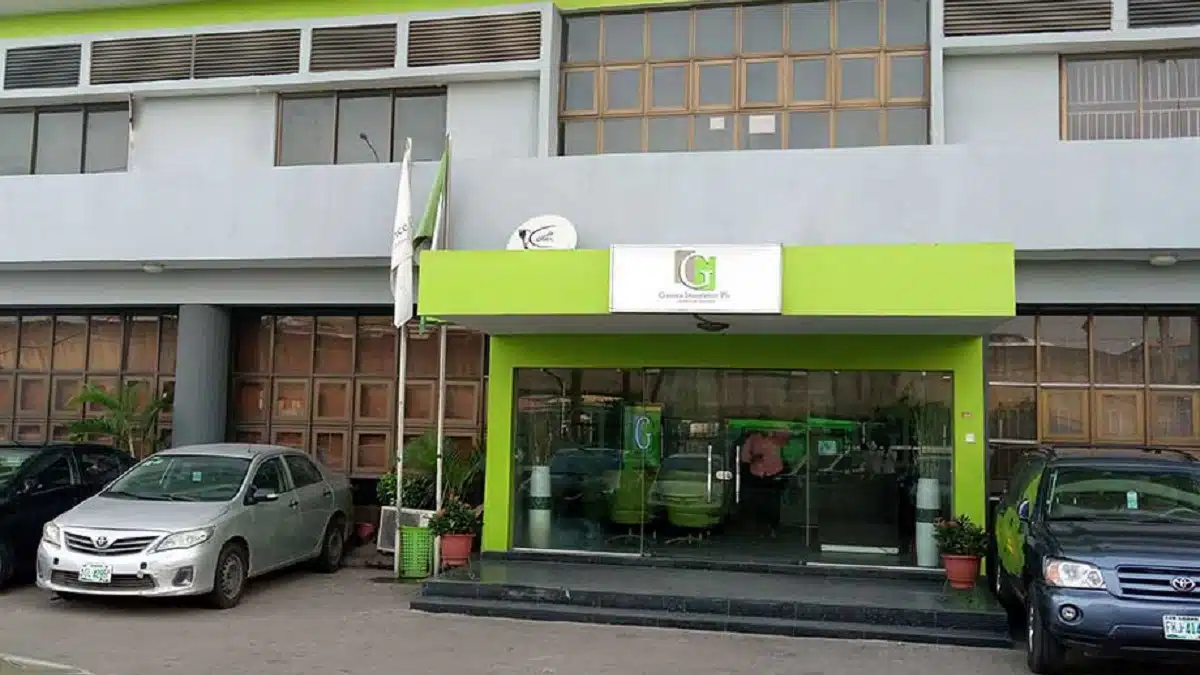Ethiopia’s fast-growing coffee sector—which generated $2.7 billion in the 2024/2025 fiscal year—is facing headwinds as the US prepares to impose a 10% tariff on value-added products such as roasted, ground, and packaged coffee.
While raw, unroasted coffee beans—Ethiopia’s main export—remain exempt, the tariff jeopardises the country’s push to climb up the value chain and boost foreign exchange earnings through processed coffee.
Announced by US President Donald Trump on April 2, 2025—coined “Liberation Day”—the tariff was initially scheduled to take effect by April 9 but has since been delayed three times. It is now expected to be enforced on August 1.
“The US tariff decision is affecting Ethiopia’s coffee export market system,” said Shafi Umer, deputy director general of the Ethiopian Coffee and Tea Authority (ECTA) in a statement last week. “We are working to strengthen trade with existing partners and develop new markets.”
Tariff undermines Ethiopia’s value-capture strategy
The US is Ethiopia’s fourth-largest single-country buyer of coffee, accounting for 7% of its 5.63 million bag exports in 2023/24—a figure projected to grow to 11.4% (7.8 million bags) by 2024/25, according to the US Department of Agriculture (USDA).
This market is especially important for Ethiopia’s burgeoning value-added coffee segment, which includes premium roasted and packaged offerings targeted at affluent global consumers.
Although still a small share of total volume, processed coffee exports are on the rise. In 2023/24, roasted coffee exports reached 27,000 bags (1,620 tonnes), up from around 1,120 tonnes in previous years, generating $4.2 million out of Ethiopia’s total $1.43 billion in coffee earnings.
The sector has also seen fresh investment, with $10 million in new foreign inflows directed toward local processing capacity, according to Selina Wamucii.
However, the planned US tariff will raise costs for Ethiopian exporters, weakening their competitiveness relative to rivals like Vietnam, which benefits from duty-free access under trade agreements and lower production costs.
Global price spike is not enough
In global markets, coffee prices have been volatile, trading between 151.95 and 258.84 cents per pound. In contrast, Ethiopian processed coffee fetched between 270 and 290 cents/lb in mid-2024, before surging to 423 cents/lb by April 2025, highlighting both premium quality and potential margin vulnerability in the face of higher tariffs.
Ethiopia eyes 20 new export markets
In response, Ethiopia is accelerating efforts to diversify its coffee export destinations. For the 2024/25 fiscal year, which began on July 8, the government plans to enter 20 new markets, with a focus on Asia and the Middle East.
Target countries include China, Japan, Saudi Arabia, Germany, and Italy. While some—like China and South Korea—are existing partners, Ethiopia is seeking to deepen trade ties through expanded logistics, financing structures, and tailored export strategies.
“The Ethiopian coffee export market system is under reform,” said Shafi of ECTA.
Still, success will depend on mobilising trade finance, negotiating bilateral agreements, and addressing logistical and packaging constraints—areas that remain execution risks.
Strong sector, but value chain at risk
Despite the uncertainty, Ethiopia’s coffee industry remains resilient. According to ECTA, during the recently concluded fiscal year, the country exported 468,967 metric tons of coffee to the international market.
This export volume surpassed the government’s target by 144%, while the revenue exceeded projections by 147%, signaling extraordinary performance both in quantity and value.
The USDA forecasts further growth, projecting total exports to hit 696,000 metric tons in 2025/26, driven by improved farming practices, favorable weather, and robust global demand.



